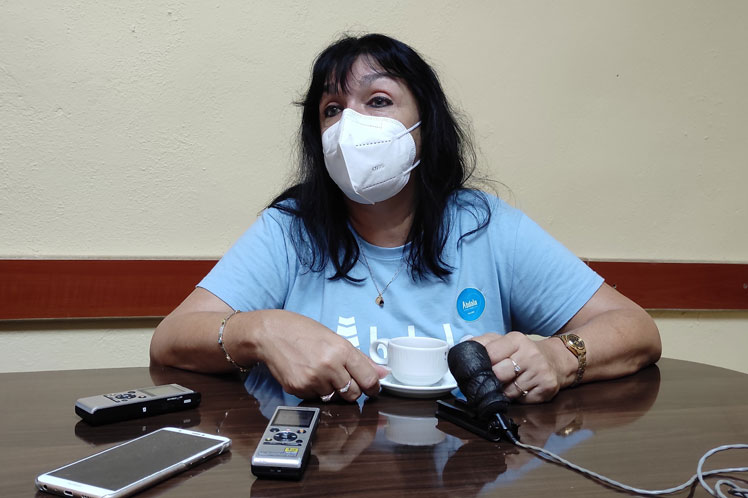Sonia Resik, head of the Virology Department at the Pedro Kouri Tropical Medicine Institute (IPK), told Prensa Latina that ‘the inspections by the State Center for the Control of Medicines, Equipment and Medical Devices attested to the development of a process that did not have difficulties in its good practices.’
The expert explained that the organization of the trial, the collection of data and the other operations were successful, ‘because children did not have symptoms or adverse reactions to the vaccine, and we could immunize them in less than a month.’
After the preparation of the medical staff since June 12 in Cuba’s third most populated city, ‘all conditions exist for the Ismaelillo project, and laboratories in Havana already have blood samples of teenagers between 11 and 18 years of age, whereas the rest is also being processed, and we are expecting good results soon,’ she said.
Cuba, which aims to have the Abdala vaccine ready and approved by regulatory institutions for use in infants with a 92.28-percent efficacy rate after three doses, ‘found a very important stronghold in this province, and we are expecting its total certification because it has the endorsement and capability of developing the processes encouraged by the World Health Organization,’ Resik added.
jg/aph/mem/fam/gdc









